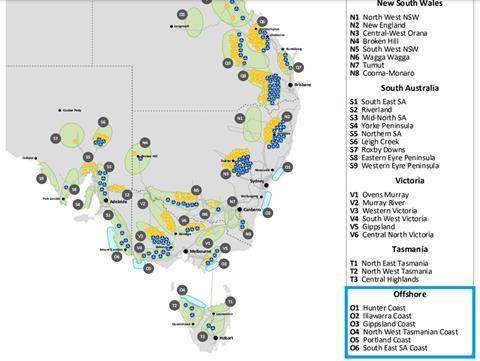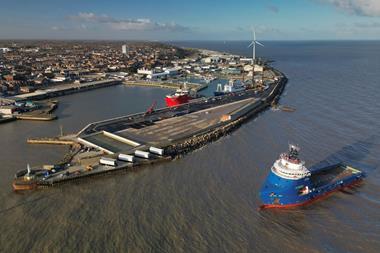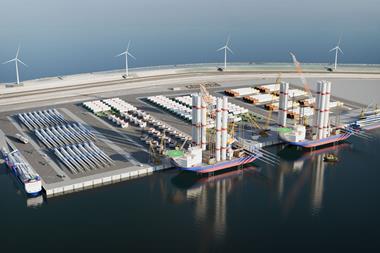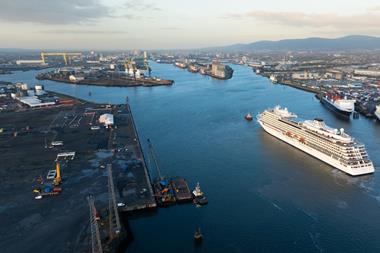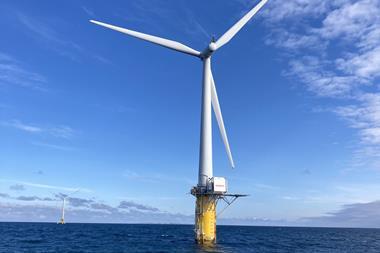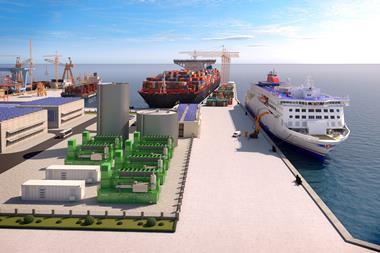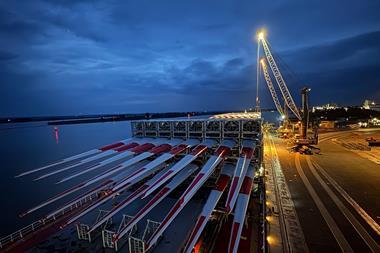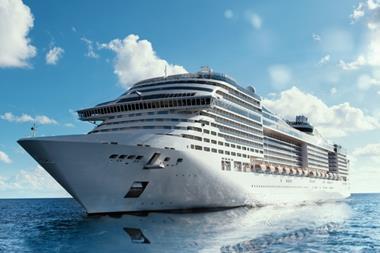As part of the green transition in the energy sector, the European Offshore Wind Farm (OWF) market is growing, and so is the demand for near-by installation ports and service ports (Operations & Maintenance).
 Content from our commercial partners
Content from our commercial partners
Background
As part of the green transition in the energy sector, the European Offshore Wind Farm (OWF) market is growing, and so is the demand for near-by installation ports and service ports (Operations & Maintenance). In Denmark, the current energy production is over 2GW from OWF’s alone, and it is similar in the countries surrounding the North Sea. Further, there are ambitions to increase capacity in the North Sea to over 20 GW in the next fifteen years. Similar developments are now seen in the US, China, Japan, South Korea etc.
Ramboll has a long track-record within both the Ports and OWF businesses, combining these capabilities, ports in transition can be advised on how to be an attractive hub in the green energy transition.
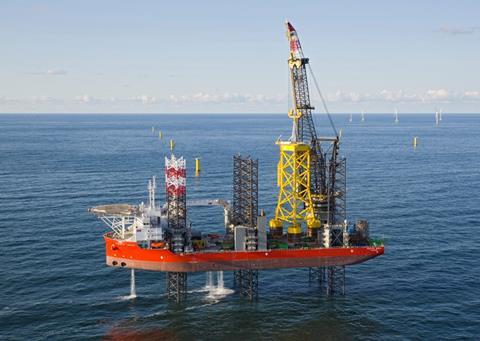
Ramboll’s support to Baltic Ports
Offshore Wind Farm developments are now starting up in the Baltic Sea, and there are already plans for developing Offshore Wind Farms with a total capacity of up to 20-30 GW in the Baltic Sea. Having already being heavily involved in the OWF developments in the North Sea and worldwide, Ramboll is now supporting several energy companies, developers, and Ports, involved in the OWF developments in the Baltic Sea.
As an example, Smålandshamnar AB in Sweden, a traditional industrial port and service provider within terminal handling, are looking for future business areas, where handling wind power components, being a logistic onshore and offshore wind farms hub, could be an interesting business in the fast-growing market in the Baltic Sea.
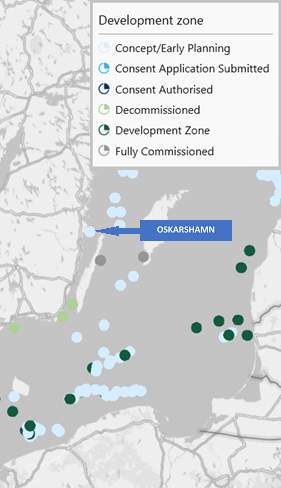
Market Assessments and Port Requirements
Ramboll carried out market assessments and a competitor analysis in relation to the planned OWF developments in the Baltic Sea and investigated how dedicated port facilities could be established supporting both OWF installation and service (operations and maintenance).
OWF Terminals are characterized by accommodating highly specialized vessels, very large components, and high design loads.
Vessels are usually specialized jack-up vessels, jacking up in port when loading components on the vessel, and jacking up at the project site during installation of turbines. Port logistics shall meet the requirements for easy access and rapid handling of turbines to bring down costs, and the vessel time in port is to be minimized due to high vessel costs. The Installation operator normally demands exclusive and unlimited access to the terminal facilities and Installation quay.
Special port handling equipment is required for handling of the large and heavy components – and the quay apron, pavements and storage areas need to be designed for heavy duty loads.
Existing port facilities and technical conditions were analyzed in Port of Oskarshamn, considering how facilities can be used in the best and most sustainable way. Port of Oskarshamn (owned by Smålandshamnar AB) has, due to its location, market position and technical capabilities, great potential within the OWF market.
This study demonstrated the opportunities and challenges for existing ports to be one of the essential enablers of the green energy transition. A European story that may show opportunities for well-established ports in other regions, in particular Australia, to support a sustainable blue infrastructure future.
Contextualising European Experiences to Australia
Australia may be standing in front of similar transition in the energy sector, and Offshore Wind Farm developments are already on the planning table off the coasts of New South Wales and Victoria. A number of sites have already been identified as suitable prospects for Offshore Wind Farm developments.
For implementing such OWF’s, a logistics setup and supporting services will be required including Installation Port(s), Construction Ports and Service Ports.
Leveraging Ramboll’s vast experience, we are well placed to support energy companies, developers, ports and other stakeholders involved in the implementation of the planned OWF developments to transition to and realise a sustainable blue infrastructure future within Australia.
